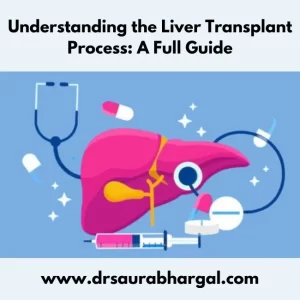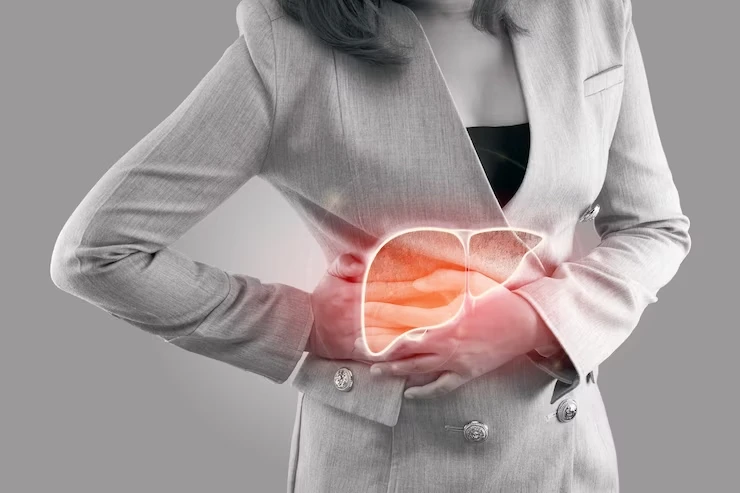Digestive health is a crucial aspect of overall well-being, influencing everything from nutrient absorption to immune function. While diet and lifestyle play a vital role in maintaining a healthy digestive system, hormones also play a significant part in regulating its processes. In this blog post, we will explore some of the key hormones that have a substantial impact on your digestive health.
Table of Contents
ToggleGastrin
Gastrin is a hormone produced by specialized cells in the stomach lining called G cells. Its primary role is to stimulate the secretion of gastric acid, which aids in the digestion of food. Gastrin release is triggered by the presence of food in the stomach, and it helps regulate the movement of stomach muscles, ensuring proper mixing and breakdown of food. Imbalances in gastrin levels can lead to conditions like gastritis or excessive stomach acid production.
Ghrelin
Often referred to as the “hunger hormone,” ghrelin is produced by the stomach and plays a key role in regulating appetite and food intake. Ghrelin levels typically increase before meals and decrease after eating. This hormone not only influences hunger but also impacts gastric emptying and gastrointestinal motility. Imbalances in ghrelin levels may contribute to overeating or appetite-related disorders.
Leptin
Leptin, often considered the counterpart to ghrelin, is produced by adipose (fat) tissue and plays a vital role in energy balance and metabolism. It helps regulate satiety and signals to the brain that the body has sufficient energy stores. Leptin resistance can occur in obesity, leading to an inability to properly control food intake, potentially contributing to digestive health issues.
Insulin
Insulin, a hormone produced by the pancreas, is primarily associated with blood sugar regulation. However, it also influences digestion by affecting nutrient uptake. Insulin helps cells absorb glucose, amino acids, and other nutrients from the bloodstream. Abnormal insulin levels, as seen in diabetes, can impact nutrient absorption and potentially lead to gastrointestinal problems.
CCK (Cholecystokinin)
CCK is produced by cells in the small intestine in response to the presence of fats and proteins. Its main function is to stimulate the release of digestive enzymes from the pancreas and bile from the gallbladder. These enzymes and bile aid in the digestion and absorption of fats and fat-soluble vitamins. CCK also helps regulate stomach emptying, ensuring that the small intestine can handle the incoming food properly.
Serotonin
While often associated with mood regulation, serotonin is also found in the gastrointestinal tract, where it plays a significant role in gut motility and function. It helps regulate peristalsis, the wave-like muscle contractions that propel food through the digestive tract. Serotonin imbalances have been linked to conditions like irritable bowel syndrome (IBS) and other gastrointestinal disorders. Visit a gastroenterologist doctor in Indore
Conclusion
Maintaining good digestive health involves a complex interplay of factors, and hormones are a crucial part of this intricate system. Gastrin, ghrelin, leptin, insulin, CCK, and serotonin are just a few of the hormones that impact various aspects of digestion, from appetite regulation to nutrient absorption. A proper balance of these hormones is essential for optimal digestive function and overall well-being. To support your digestive health, it’s important to adopt a healthy lifestyle, including a balanced diet, regular exercise, stress management, and proper sleep, all of which can help ensure that these hormones work harmoniously to keep your digestive system functioning at its best.








